89 Words Followed by Prague, a Disappearing Poem 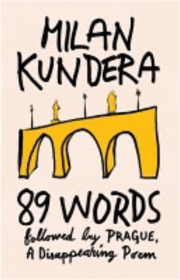 The Art of the Novel 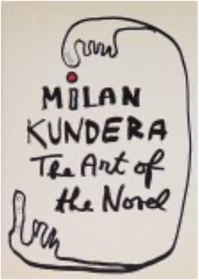 Encounter 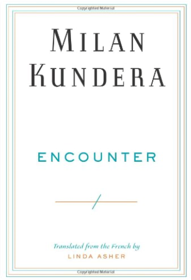 Milan Kundera's new collection of essays is a passionate defense of art in an era that, he argues, no longer values art or beauty. With the same dazzling mix of emotion and idea that characterizes his novels, Kundera revisits the artists who remain important to him and whose works help us better understand the world we live in and what it means to be human. An astute reader of fiction, Kundera brings his extraordinary critical gifts to bear on the paintings of Francis Bacon, the music of Leos Janacek, and the films of Federico Fellini, as well as the novels of Philip Roth, Fyodor Dostoyevsky, and Gabriel GarcÍa MÁrquez, among others. He also takes up the challenge of restoring to its rightful place the work of Anatole France and Curzio Malaparte, major writers who have fallen into obscurity. Milan Kundera's signature themes of memory and forgetting, the experience of exile, and the championing of modernist art are here, along with more personal reflections and stories. Encounter is a work of great humanism. Art is what we possess in the face of evil and the darker side of human nature. Elegant, startlingly original, and provocative, Encounter follows in the footsteps of Kundera's earlier essay collections, The Art of the Novel, Testaments Betrayed, and The Curtain. Farewell Waltz: A Novel 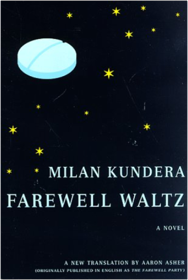 The Festival of Insignificance: A Novel 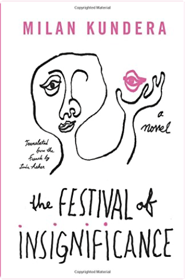 Casting light on the most serious of problems and at the same time saying not one serious sentence; being fascinated by the reality of the contemporary world and at the same time completely avoiding realism—that’s The Festival of Insignificance. Readers who know Milan Kundera’s earlier books know that the wish to incorporate an element of the “unserious” in a novel is not at all unexpected of him. In Immortality, Goethe and Hemingway stroll through several chapters together talking and laughing. And in Slowness, Vera, the author’s wife, says to her husband: “you’ve often told me you meant to write a book one day that would have not a single serious word in it…I warn you: watch out. Your enemies are lying in wait.” Now, far from watching out, Kundera is finally and fully realizing his old aesthetic dream in this novel that we could easily view as a summation of his whole work. A strange sort of summation. Strange sort of epilogue. Strange sort of laughter, inspired by our time, which is comical because it has lost all sense of humor. What more can we say? Nothing. Just read. Identity: A Novel 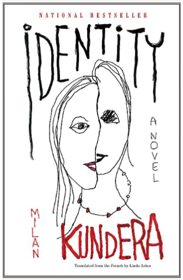 With stunning artfulness in expanding and playing variations on the meaningful moment, Milan Kundera has made this situation—and the vague sense of panic it inspires—the very fabric of his new novel. Here brevity goes hand in hand with intensity, and a moment of bewilderment marks the start of a labyrinthine journey during which the reader repeatedly crosses the border between the real and the unreal, between what occurs in the world outside and what the mind creates in its solitude. Of all contemporary writers, only Kundera can transform such a hidden and disconcerting perception into the material for a novel, one of his finest, most painful, and most enlightening. Which, surprisingly, turns out to be a love story. Ignorance: A Novel 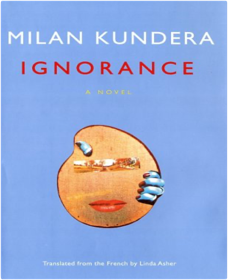 Immortality 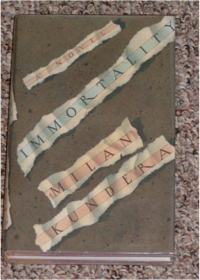 Immortality 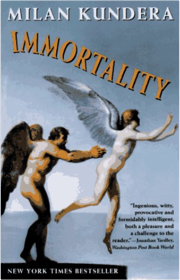 The Joke 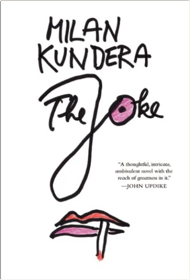 The present edition provides English-language readers an important further means toward revaluation of The Joke. For reasons he describes in his Author's Note, Milan Kundera devoted much time to creating (with the assistance of his American publisher-editor) a completely revised translation that reflects his original as closely as any translation possibly can: reflects it in its fidelity not only to the words and syntax but also to the characteristic dictions and tonalities of the novel's narrators. The result is nothing less than the restoration of a classic. Laughable Loves 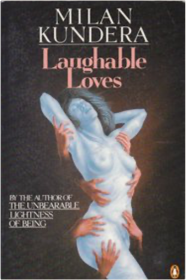 Let the Old Dead Make Room for the New Dead: Faber Stories 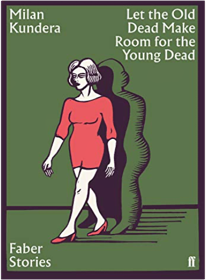 Written in 1969, before Milan Kundera was known to English-speaking readers, this story renders male and female characters painful equals, and prompted Philip Roth to admire its 'detached Chekhovian tenderness'. Slowness 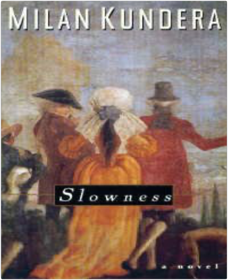 Testaments Betrayed: An Essay in Nine Parts 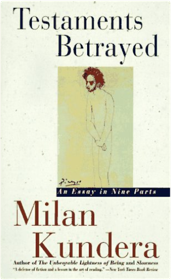 Les Testaments Trachis 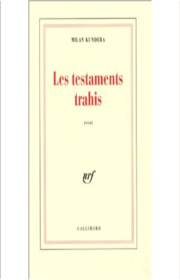 The Curtain: An Essay in Seven Parts 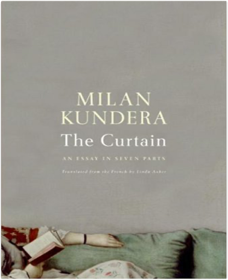 The Farewell Party: Revised Edition 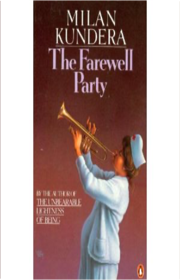 The Unbearable Lightness of Being 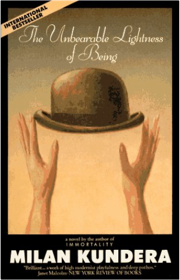 |


Delicious Library
Collection Total:
3,640 Items
3,640 Items
Last Updated:
Nov 2, 2025
Nov 2, 2025


 Made with Delicious Library
Made with Delicious Library